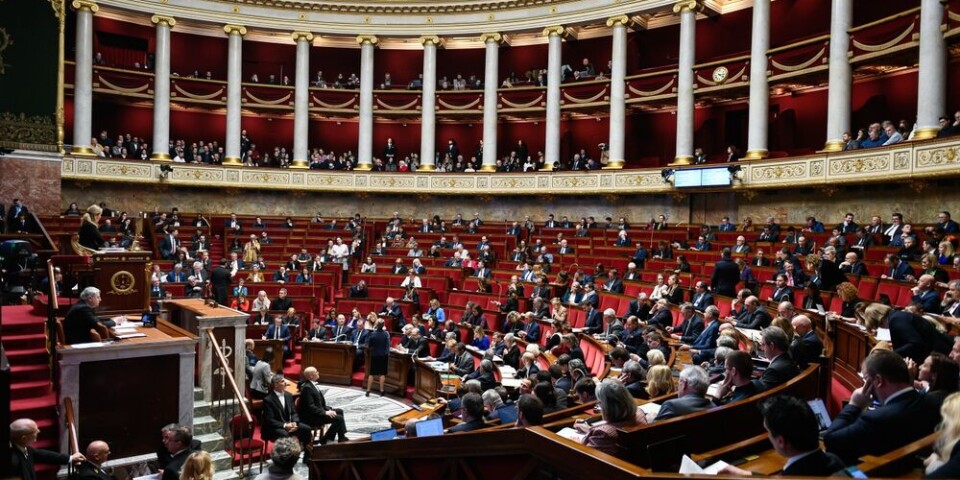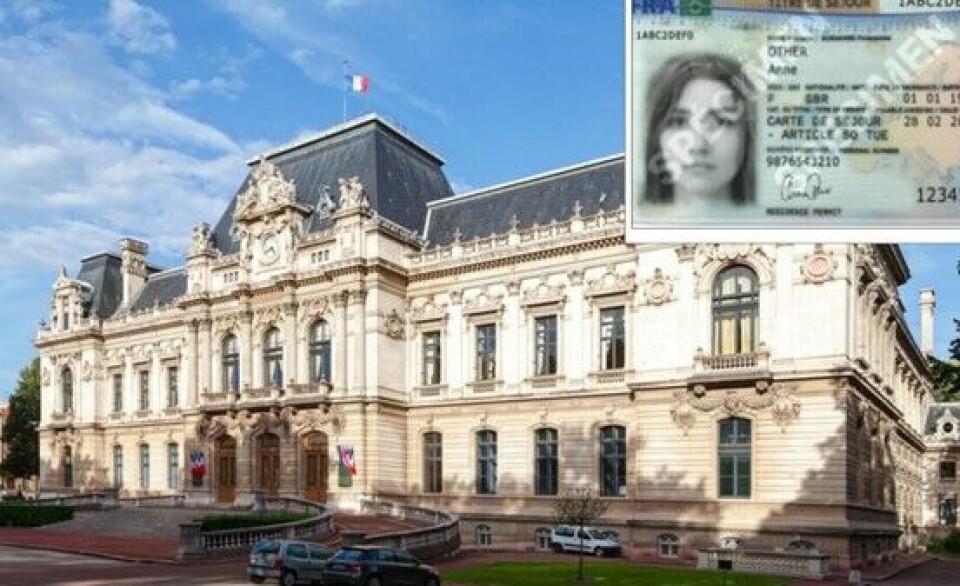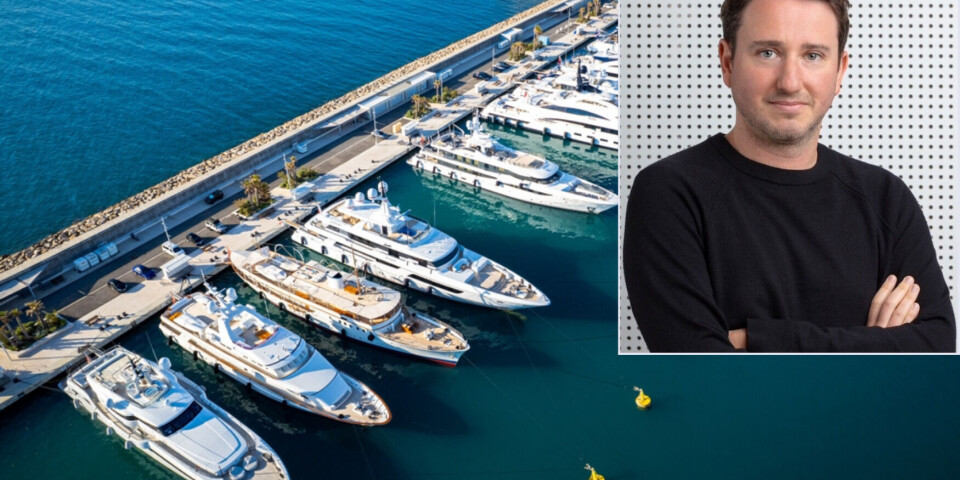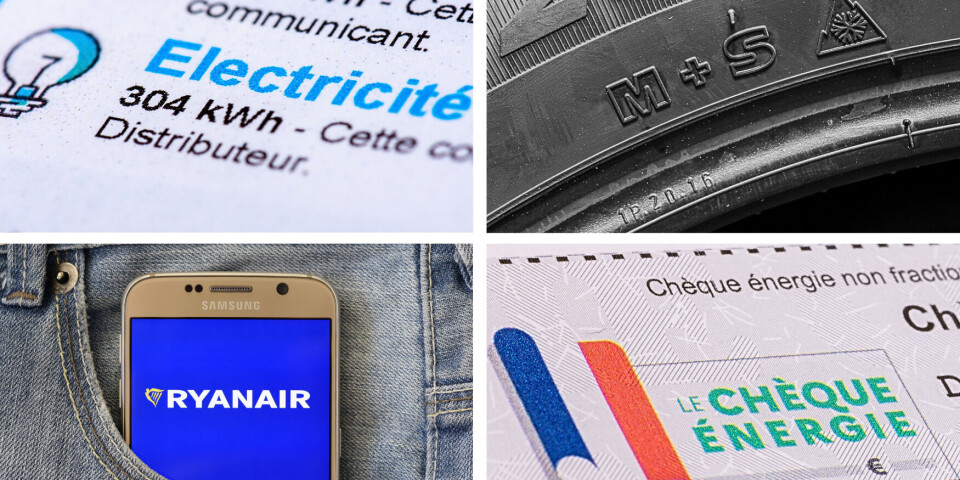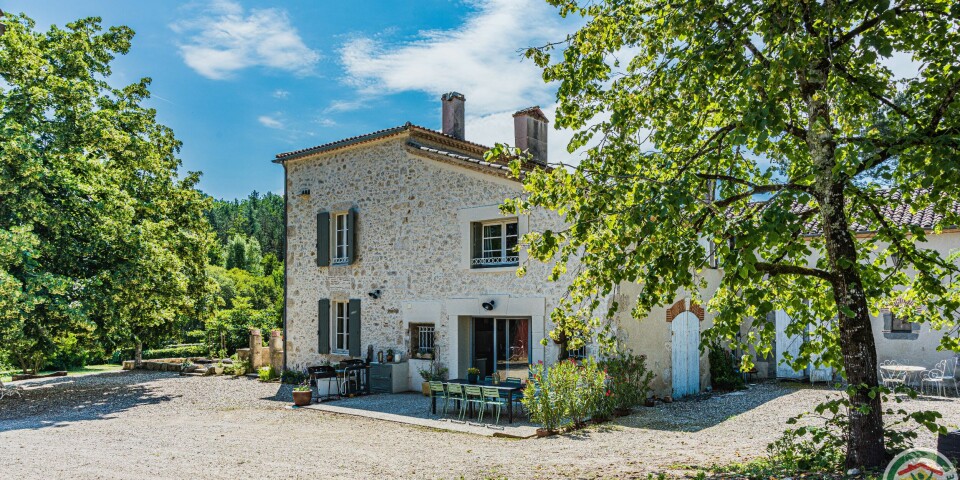Letters
The ultra-rich should pay more tax in France
Connexion reader says it is not fair that ordinary people should face hardship
Some of the most wealthy people in the world live in France - but the country is facing a major debt crisis
SomYuZu/Shutterstock
To the Editor,
I read with interest Nick Inman’s article on the source of the national debt (Connexion, October) and agree that the ordinary citizen is being scapegoated.
Instead of making life worse for the belt-tightening majority, it seems only fair to make the ultra-rich contribute more.
They have a range of legal tools at their disposal — trusts, holding companies, offshore firms, inheritance agreements — to reduce or even eliminate their tax bill.
The case of Bernard Arnault is symptomatic. Part of his London real estate portfolio, including a 129-hectare property in Nyn Park, is held through a company registered in Jersey.
His 101-metre yacht, Symphony, belongs to a Maltese firm indirectly controlled by LVMH. This arrangement allows the asset to be excluded from his tax return, while guaranteeing full enjoyment, disguised as ‘rental costs’.
Article 885 I of the General Tax Code exempts real estate used in the context of a main professional activity from the Impôt sur la fortune immobilière wealth tax.
In theory, this exemption applies to warehouses, agricultural premises and workshops. In practice, the wealthy reclassify second homes, yachts and art collections as ‘work tools’.
Every year, €120billion leaves France for tax havens, according to the Tax Justice Network. This loss compromises public investment, fuels tax evasion and further widens inequalities.
As long as fiscal rules have loopholes that allow the ultra-rich to avoid paying their fair share, the issue of taxation will remain a source of democratic division.
P.S., by email
Do you agree that France could do more to tax the ultra-rich? Share you thoughts at letters@connexionfrance.com









